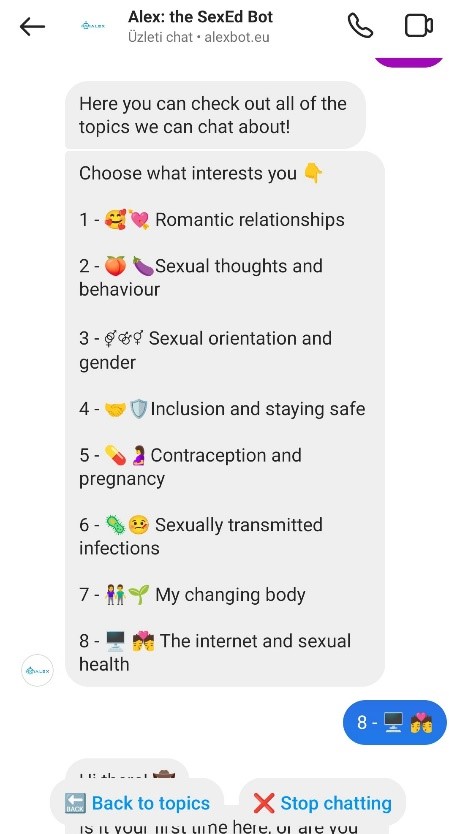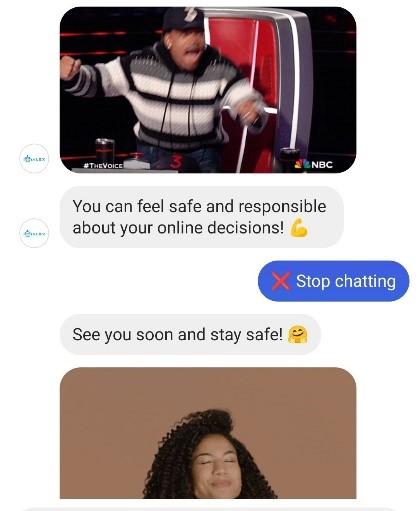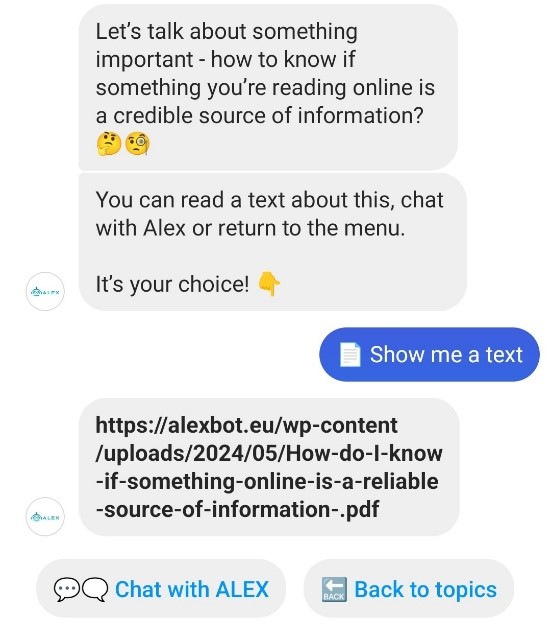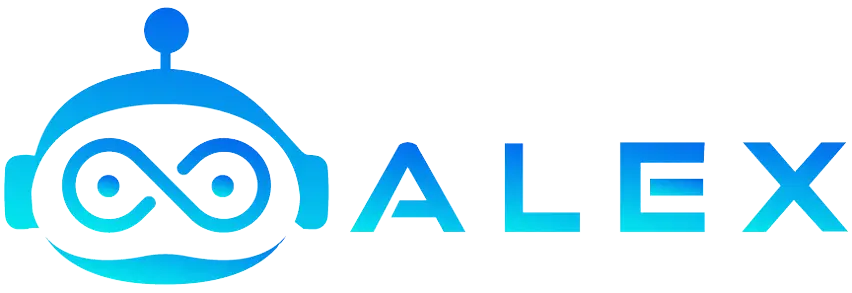
Written by: Együttható team
The world of sex education is vast and complex, but thanks to the internet, we have access to a wealth of information, an enormous library just at hand. But who will help you to navigate it?
Here are two statements: the great thing about the internet is that you can find almost anything on it. The problem with the internet is that you can find almost anything on it.
There is no contradiction between the two statements; they are both true: a vast amount of information is available on the web, yet it is exactly the sheer quantity that makes it difficult to navigate, regardless of what we want to learn about—be it weather, politics, fashion, or significant life questions relating to health, sex, or relationships. And we will always have questions about these latter at every stage of life.
Institutional education is slowly reacting to this phenomenon, and subjects and activities focused on media and internet awareness are already known in schools. However, they cannot always keep pace with the rapid expansion and complexity of the online space. If we want young people to confidently navigate the flood of information, we must also provide other tools and methods.
Let’s return to the topic of sex: UNESCO’s 2020 research showed that within a year, 71% of young people had searched the internet for information related to sexual health. This is a very high number. It’s natural that young people take advantage of the opportunity to get information from the place they believe will give them the fastest answers and where they can (hopefully!) search anonymously. Many young people report that they find situations stressful when discussing sensitive topics, such as in a classroom setting (which, let’s admit, can be unsettling even for many adults too!).
The above research also highlights that for young people pondering about sex, relationships, and love, social media, vlogs, and chatbots have become the second most popular sources of information. They can find a vast amount of online content on these topics, but finding truly reliable sources requires a specific skill set. Without judging whether young people are acting correctly or incorrectly when searching for answers online, let’s think about how we can provide appropriate guidance for them in their exploration.
AI developments and chatbots can be a good solution, and this is precisely the purpose of Alex. It would be useless to obtain a lot of information if we don’t know how to evaluate and, above all, systematize the knowledge we gained. That is why we have structured the content of our chatbot Alex, which covers various topics from reliable sources of knowledge, into a clear framework.

This can help young people systematize what they have read and enable them to progress from topic to topic at their own pace and according to their interests. Since the nature of questions in general is that one leads to another, it is possible to jump between related topics within Alex’s chapters (chats)—or even stop if the user wants to take time to process what they have read or reread the chat.

A chatbot doesn’t need to know everything, but ideally, it knows who knows more about the question it’s being asked: that’s why we’ve equipped the written materials and infographics with sources from which users who want to learn more about a particular topic can continue to educate themselves.

Finding information from online sources has never been easy, and perhaps it’s becoming more complicated—but it’s far from impossible. Alongside learning the necessary skills, we can also rely on those digital tools specifically designed to help us navigate the maze of the library—let’s take the courage to explore these as well.
